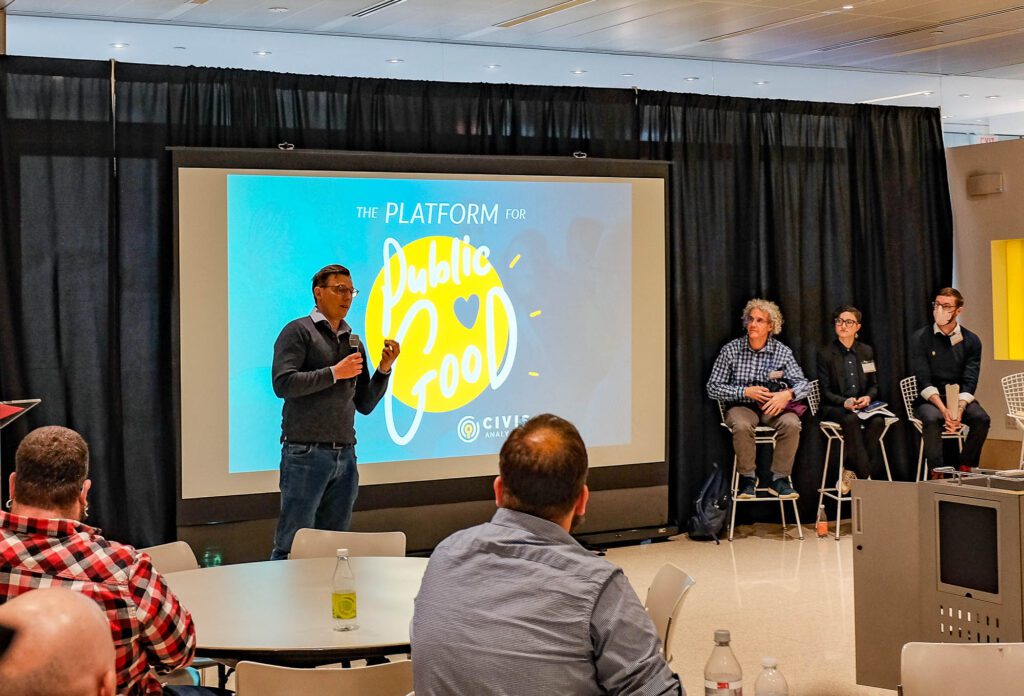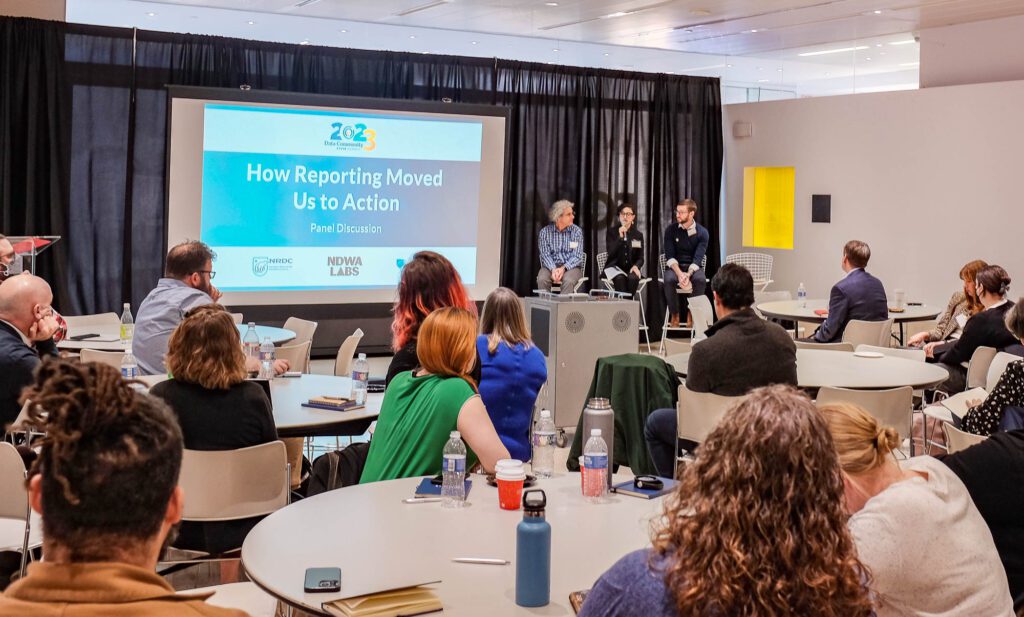Illinois State Treasurer Mike Frerichs has always been passionate about improving higher education. He served as chairman of the Illinois Legislature’s Higher Education Committee and ran for treasurer on a…
On Thursday, March 9, 2023 Civis Analytics headed to Washington D.C. to partner with the Human Rights Campaign (HRC) to host our first in-person event in more than three years! At this year’s Data Community Summit, leading nonprofits shared how they’ve been tackling historic challenges with modern data strategies.
In our panel discussions, Q&As, and breakout sessions, we uncovered some of the challenges that public-good organizations encounter and how they are using data science to solve them. The informal breakout discussions were designed for mission-specific leaders in advocacy, labor, fundraising, climate advocacy, and more. Our amazing panelists included data leaders from organizations such as:





We all know there is more to annual giving data analytics than just counting donors and keeping track of retention rates. For organizations like LCV and Middle Seat, getting a full picture of how donors are interacting with the organization was important. Panelists discussed removing internal silos, determining the ROI on prospective donors, and the ability to create — and learn from — complex reporting. The takeaway: The best way to make fundraising objectives a reality is by digging deeper into the data.
Pew and the Sierra Club’s leadership view data as an important asset that’s worth investing in. These organizations were able to create buy-in and demonstrate value with a high-profile pilot project. Both were able to save time and produce more comprehensive reports that could be shared across teams and departments. These reports helped to make the organizations more data-driven, with automated reporting on direct response advertising and fundraising.
Powerhouse organizations like NRDC leveraged reporting to establish departmental recommendations, brief their colleagues earlier and follow those recommendations for continued success. Data specialists at NDWA Labs have a goal of meeting workers where they are and are currently reducing the processing and analyzing time to do so. Reporting helped them turn listening into action by creating a unified source of truth. In the case of the AFT, the organization was able to leverage reporting by “spending more time organizing, and less time organizing sheets.” Comprehensive reporting helped them see their strengths and weaknesses and they used this information to help mobilize their members in real-time throughout the Scranton teachers strike in 2021.
We want to extend a special thanks to our partners at the HRC for helping us host this amazing summit. We also appreciate the insight from all of our guest speakers:
We are pleased to have brought a community of nonprofits together so that we can learn what’s working, even in the midst of economic uncertainty. By sharing what we’ve learned, we’re better able to tackle the critical challenges that face our communities, and through data, we can inspire change in a more intelligent, focused way.
For more information on how to help your organization, get in touch with one of our nonprofit data specialists today.